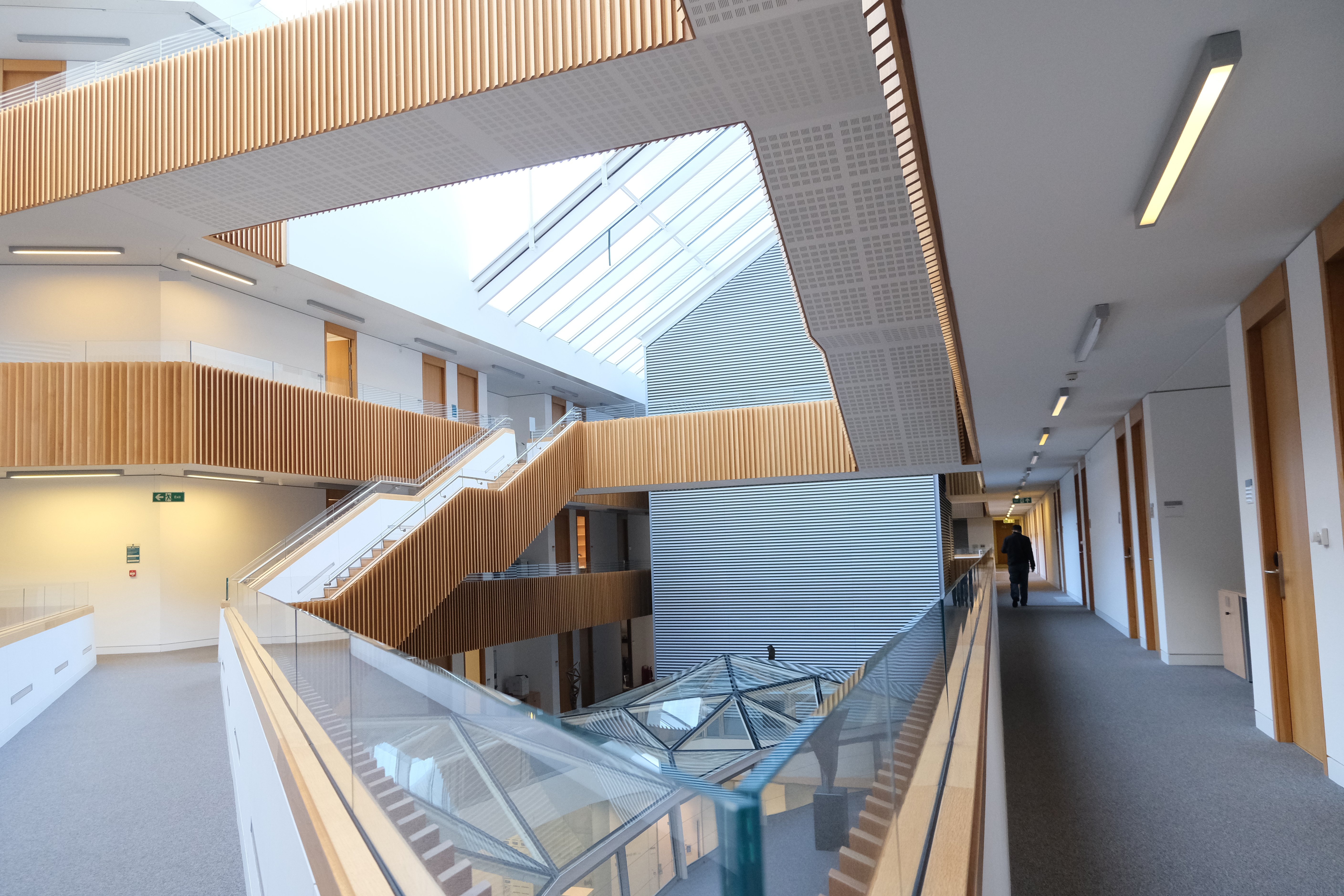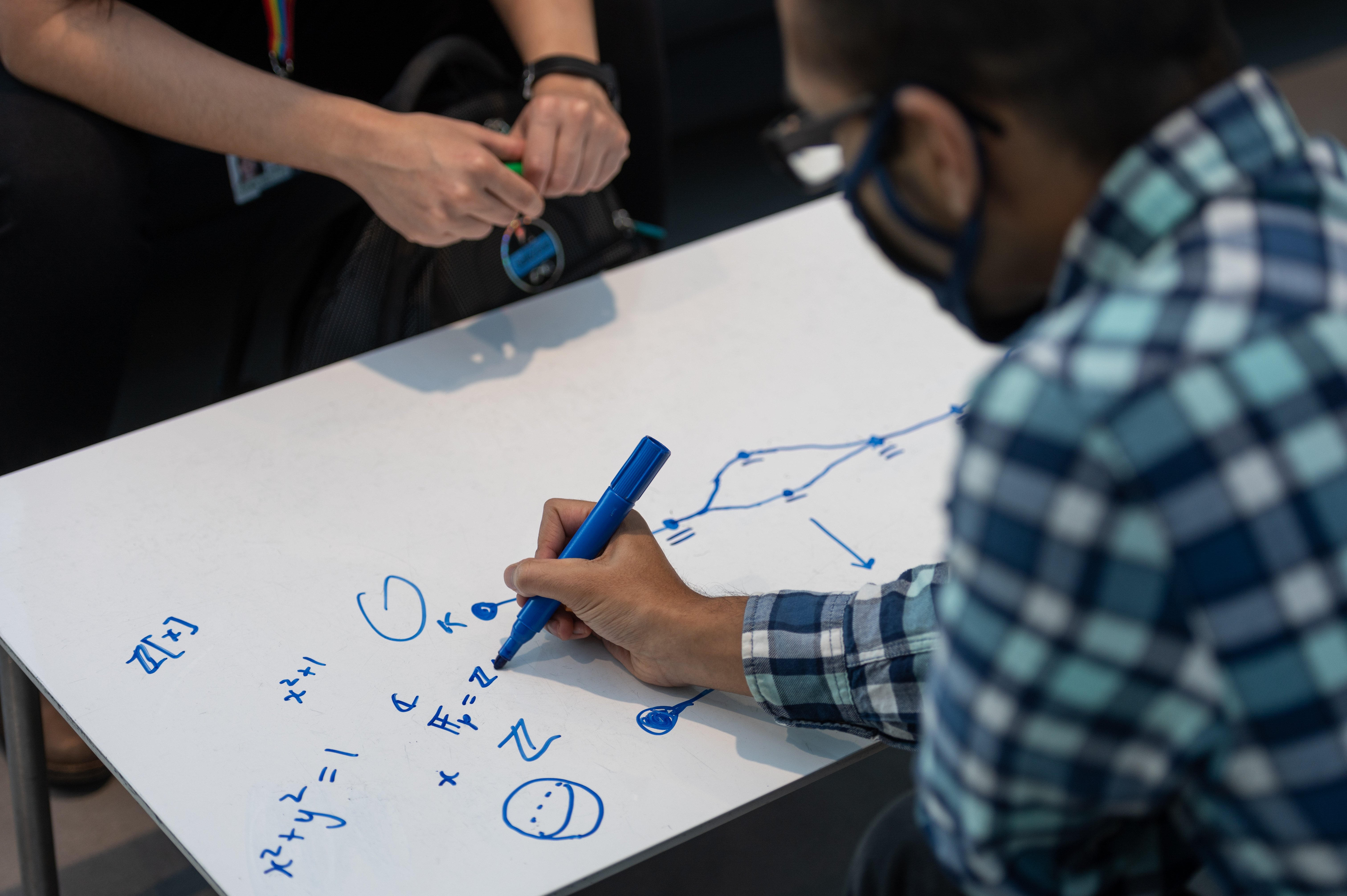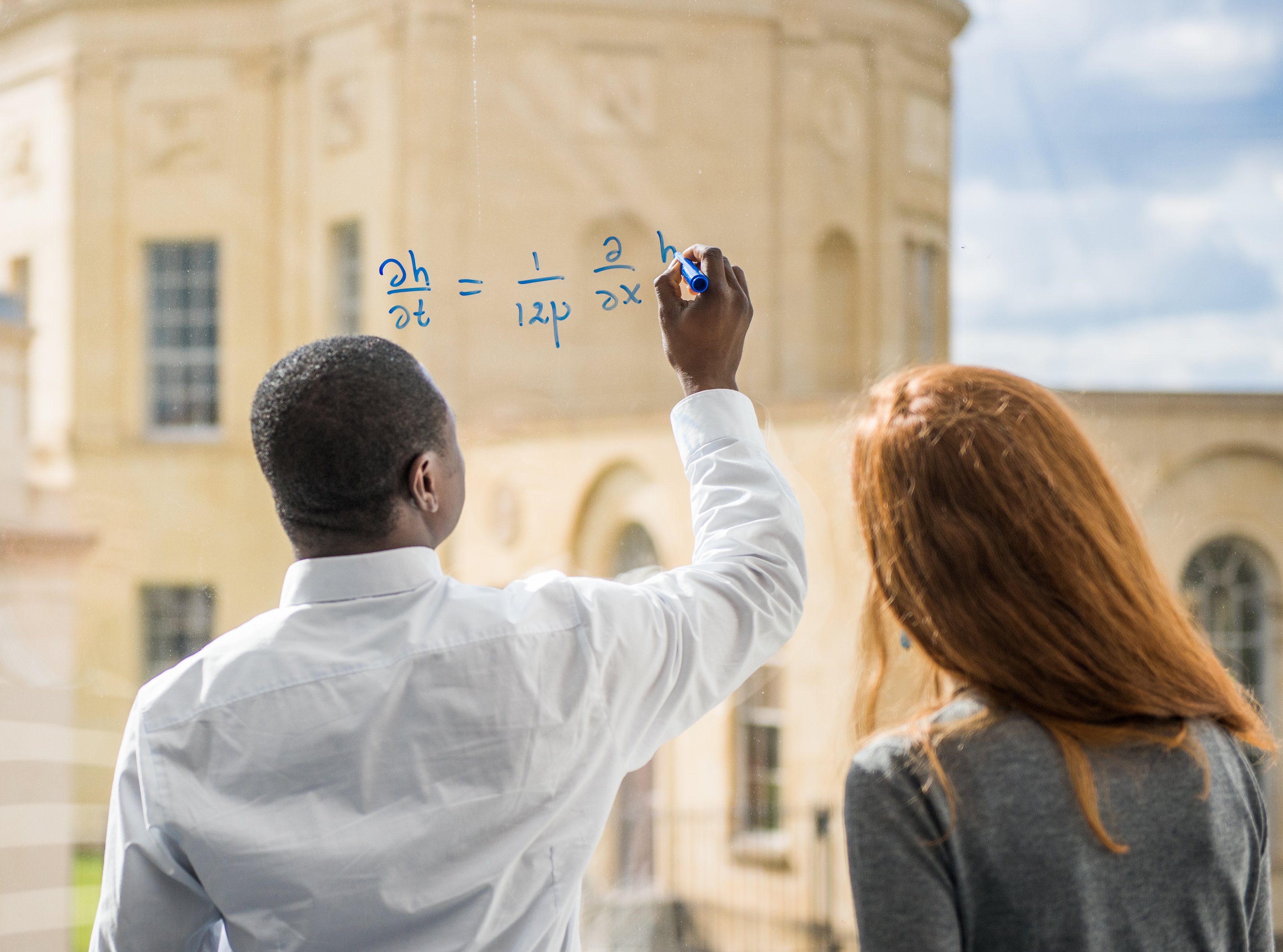graph continuity equation
observation noise
opportunities for data-driven modelling
Hosted by Citadel and Citadel Securities in partnership with Correlation One, this event is open to top students across Europe who identify as women.
This datathon challenges students from Europe’s best universities to tackle real-world social challenges in topics such as urban traffic, renewable energy, and education while working through large and complex datasets. Check out this video from our first-ever North America Women’s Datathon event in Miami.
Trouble sleeping? 😴
We are recruiting for a new sleep study! If you are aged 23–65, live and work in Oxford, spend your workday sitting indoors at a desk, and use an iPhone, you may be eligible.
Start by taking our screening survey: https://ecsm.fra1.qualtrics.com/jfe/form/SV_42uw0MX5qR3zASW
 Fridays@2 is back in L1 this week with: Dealing with Exam Anxiety (https://www.maths.ox.ac.uk/node/71471)
Fridays@2 is back in L1 this week with: Dealing with Exam Anxiety (https://www.maths.ox.ac.uk/node/71471)

Past Papers can be found on the Mathematical Institute website here.


 reminder that prelims corner is taking place
reminder that prelims corner is taking place  Here are a few resources which may help:
Here are a few resources which may help: